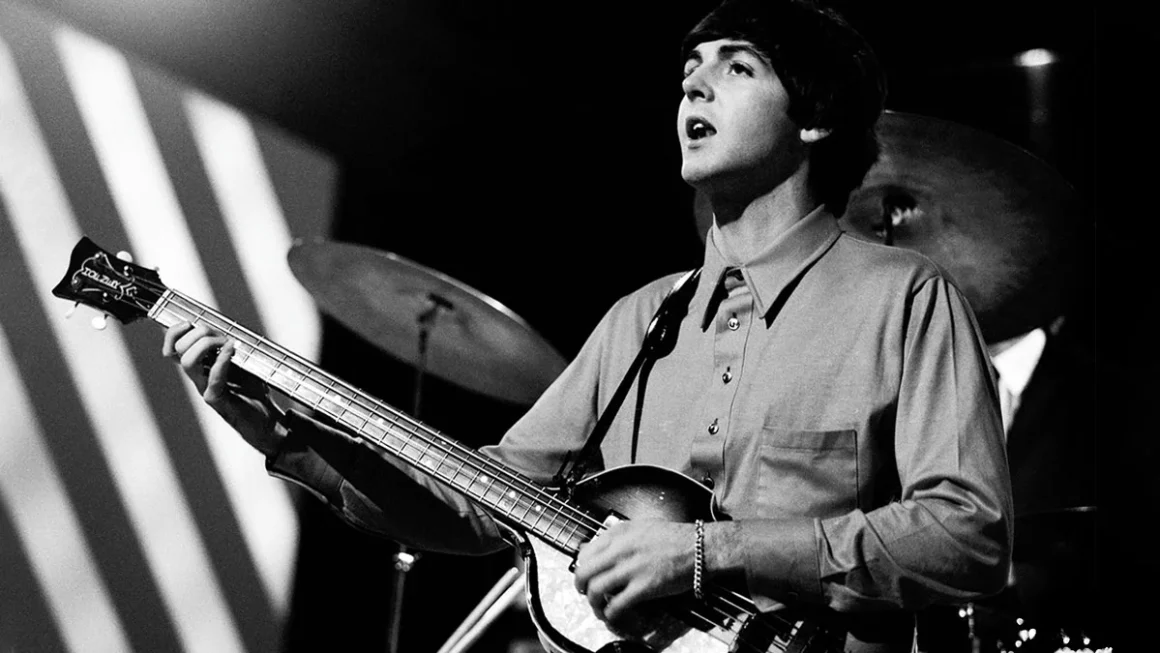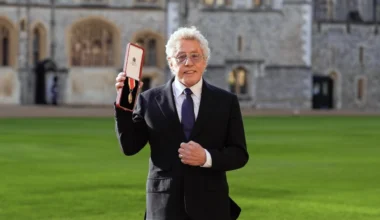Paul Simon and Paul McCartney share more than just their name; both have forged monumental paths in music, each leaving an enduring mark on songwriting. Although Simon and McCartney have shown mutual respect for one another’s talents, Simon hasn’t shied away from offering sharp criticism when it comes to one of McCartney’s politically charged songs, once famously calling it “garbage.”
Simon has always been more analytical than reverential in his approach, favoring artistry over activism. He once described McCartney as a member of the most elite tier of songwriters, mentioning him alongside the likes of George Gershwin and Irving Berlin. McCartney reciprocated the respect, appreciating Simon’s work for its wit and originality, even praising a particular line he found memorable. Still, Simon’s admiration hasn’t prevented him from critiquing some of McCartney’s more political statements in music.
In 1972, Simon shared his views with Rolling Stone, questioning whether musicians should prioritize political statements over perfecting their craft. He argued, “If a musician is serious about his music, his obligation should be to become as fine a musician as he can.”
For Simon, there’s an inherent conflict in mixing pop culture’s capitalist roots with political ambition, often leading to insincerity. While protest songs and political messages can be impactful, Simon expressed skepticism about musicians’ motives, including his famous contemporaries, remarking on the “bad taste” of some of these ventures.
While he respected those who genuinely intended to effect change, Simon didn’t see it as a requirement of musicians. He believed that good intentions alone didn’t necessarily translate into good music, and criticized McCartney’s efforts, noting it lacked both musical and political depth. Simon acknowledged there’s a place for politically inspired songs—like “We Shall Overcome”—but felt McCartney’s attempt had missed the mark.
McCartney’s song, however, did resonate elsewhere, reaching number one in both Ireland and Spain. To the people involved in political struggles there, McCartney’s song symbolized something larger, creating a rare example of commercial success aligning with political resonance. And while Simon might have found it lacking, McCartney’s intent—and the song’s reach—posed a question of whether music’s role is not only to perfect an art form but also to spark conversation.







